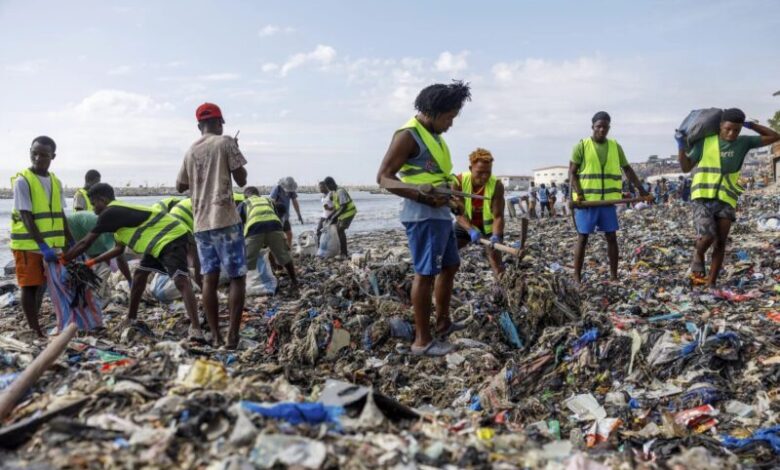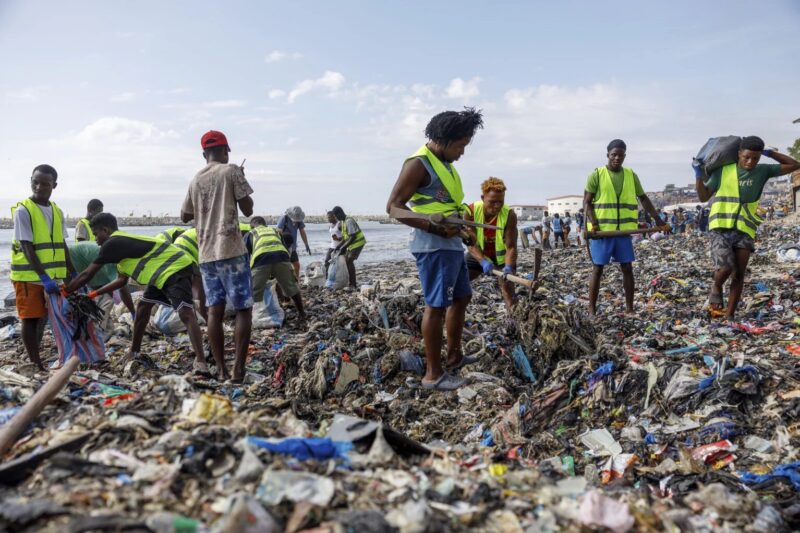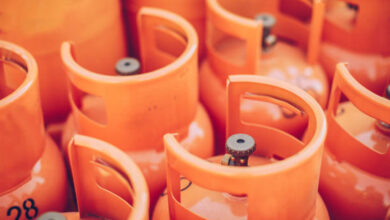Investing in Sanitation could add $4.8 billion to Ghana’s economy — ISSER Experts


Experts from the University of Ghana’s Institute of Statistical, Social and Economic Research (ISSER) are urging government to treat waste management as a major economic growth strategy, not merely a public health concern.
In a recent paper titled “The High Cost of Improper Waste Management and Poor Sanitation on Ghana’s Economy,” the researchers argue that improved sanitation infrastructure could unlock billions in economic gains, create thousands of jobs, and enhance environmental sustainability.
Citing World Health Organization data, the authors estimate that for every US$1 invested in sanitation, a country can earn up to US$5.50 in returns through higher productivity, reduced healthcare spending, and lower mortality. Applied to Ghana’s GDP, a one-percent investment — roughly US$883 million — could yield an economic return of US$4.86 billion.
“Proper waste management is not just about keeping our cities clean,” the report states. “It’s about protecting lives, saving money, and creating a healthier, more productive economy.”
The study highlights success stories from around the world where waste recycling, composting, and renewable energy recovery have boosted employment and supported the shift toward a circular economy. It estimates that the global waste management industry, valued at US$1.4 trillion in 2024, is expected to reach US$2.4 trillion by 2033, offering vast opportunities for countries like Ghana to participate in the green economy.
In addition to its economic value, proper sanitation has direct public health benefits. The authors point to Ghana’s October 2024 cholera outbreak as an example of the devastating consequences of neglect. Such crises force government to redirect funds from productive sectors to emergency responses, while lost workdays and medical costs drain household and national resources.
The paper also warns that Ghana’s sanitation funding model is unsustainable. Despite collecting over GHS 500 million annually through the Sanitation and Pollution Levy, less than 5% of those funds are reinvested in sanitation projects. The researchers called on government to demonstrate “strong political will” by ring-fencing a greater portion of these revenues for waste management infrastructure and innovation.
Beyond public investment, the authors advocate private sector participation and the adoption of modern recycling technologies to close funding gaps and improve efficiency. “Cleaner cities attract tourists, investors, and jobs. Waste can be turned into wealth — if managed properly,” they assert.
Ultimately, the ISSER team concludes that sanitation reform offers a rare win-win for Ghana’s economy, public health, and environment: “Investing in waste management is not a cost; it’s an opportunity for Ghana to build a more sustainable, prosperous, and resilient future.”
[Credit: Prof. Peter Quartey, Prof. Ebo Turkson, Prof. Yaa Adobea Owusu, Dr. Kwame Adjei-Mantey & Dr. Ralph Armah, Institute of Statistical, Social and Economic Research (ISSER), University of Ghana]
Read the full paper below:
DISCLAIMER: The Views, Comments, Opinions, Contributions and Statements made by Readers and Contributors on this platform do not necessarily represent the views or policy of Multimedia Group Limited.
DISCLAIMER: The Views, Comments, Opinions, Contributions and Statements made by Readers and Contributors on this platform do not necessarily represent the views or policy of Multimedia Group Limited.
Source link





